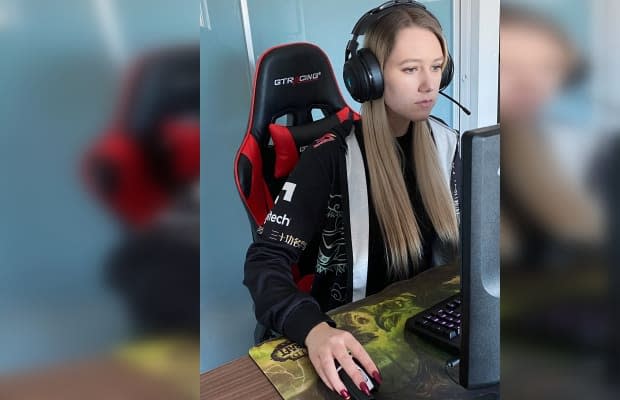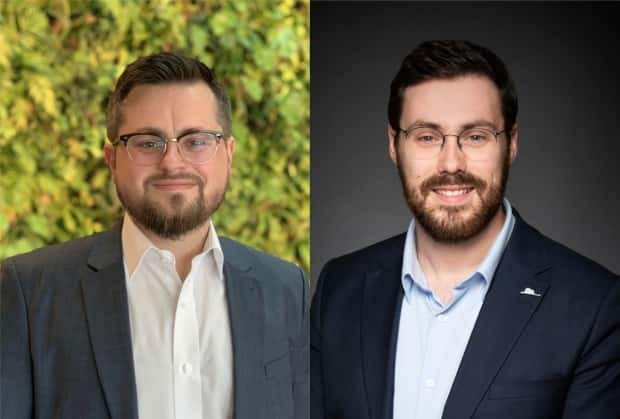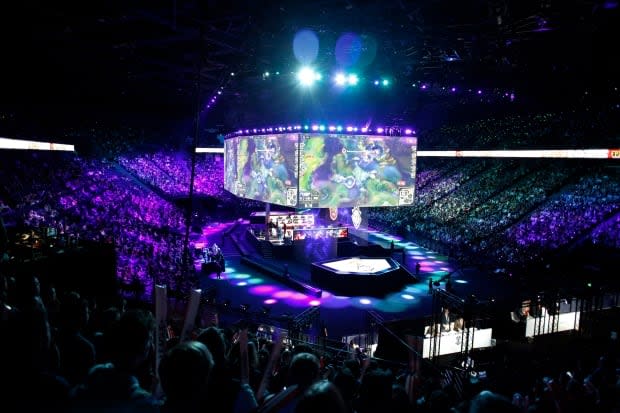Academics hoping to press play on esports institute at U of O
Marie Dykukha may have found a way to combine work with play.
The 21-year-old civil law student at the University of Ottawa is also an online gamer ranked in the top two per cent of League of Legends players in North America.
Those interests will converge this week when she starts a course on video games and the law — the first of its kind at the university.
"Ever since I got interested in law, which was a long time ago, I always wanted to go into something about my passion," said Dykukha. "Intellectual property would probably be the perfect way to try both of those things together."
The class is the brainchild of law professor Thomas Burelli, an avid League of Legends gamer himself. He's also behind an effort to have the university develop a strategy that would see it create academic and non-academic programs related to esports — a nearly billion-dollar global industry, but also one that lacks professionals with specialized training.

Few existing programs
Burelli and postdoctoral researcher Alexandre Lillo are lobbying university officials to create a multidisciplinary esports institute.
It would support research, teaching and training for a variety of esports related careers, while also providing a physical space where students could practice and compete in popular games like League of Legends, Call of Duty and Counter-Strike: Global Offensive.
"Creating a new sport institute at the University of Ottawa with one or many teams that would be competing in different video games would be an opportunity to create training opportunities around those teams," said Lillo.
"So the different jobs around these sports, but also research opportunities."
Last year, the esports industry generated approximately $950 million in revenue worldwide, according to market research firm Statista. The same firm estimates the audience size at 495 million people.
Even still, few universities offer esports programs.

"Right now, when you want to work in this industry, most of the time, you don't have a degree specializing in this field," said Burelli. "[But] the industry is more and more professional, so now you need to be specialized and you need to have special training."
The institute would help students like Dykukha train for jobs in a variety of fields — everything from content creation and marketing to mental health and nutrition.
"A lot of people still believe that video games are such a casual thing and there's no way you can make a career out of it," said Dykukha.
"But there are so many fields like law and medicine and business that it can be tied around."

'Underrated' market
Burelli said the institute would centre on the uOttawa Esports club, a student organization with over 1,000 members who play esports recreationally and competitively.
"The sports market is very underrated — a lot of people don't really see the potential in it — that's why universities kind of don't take us seriously," said Martina On, vice-president of social for the club.
"It's kind of what drives us and what pushes us to try to make the current situation better."
The esports strategy is in an early stage, but Burelli says the idea's been well received by the university — and he's now looking for funding and other professors to take part.

